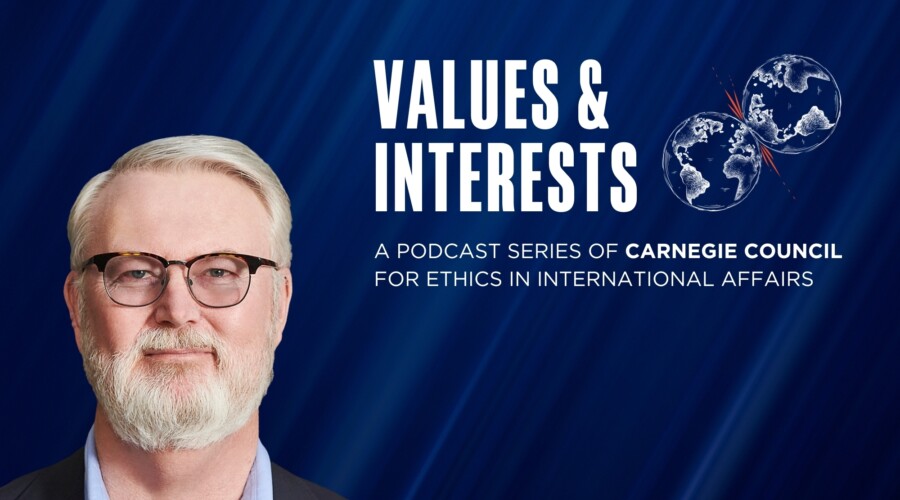First published in Social Research 73: 2 (Summer 2006). Click below for full text.
When can we say that a debt crisis has been resolved fairly? That is, what makes processes of debt restructuring, debt cancellation, or the enforcement of debt contracts more or less fair, or the outcomes of such processes better or worse? These are not idle questions. The recent economic collapse in Argentina and financial crisis in Turkey, and the persistent unsustainable debt burdens of many developing countries highlight the practically urgent problem of excessive indebtedness. High debt levels can limit a sovereign government’s capacity to provide social services necessary for the well-being of its citizens, and divert resources and energy from the pursuit of long-term development strategies. In addition, after a government defaults, the mechanisms for managing the restructuring of sovereign debt usually act slowly, do not return the country to debt sustainability, and often leave the different classes of creditors as well as the people of the indebted country feeling as if they have been treated unfairly. This in turn can create disincentives for lending and investment that can be crucial to the prospects of developed and developing countries alike. An often overlooked but very important effect of financial crises and the debts that often engender them is that they can lead the crisis countries to increased dependence on international institutions and the policy conditionality they require in return for their continued support, limiting their capabilities and those of their citizens to exercise meaningful control over their policies and institutions.




